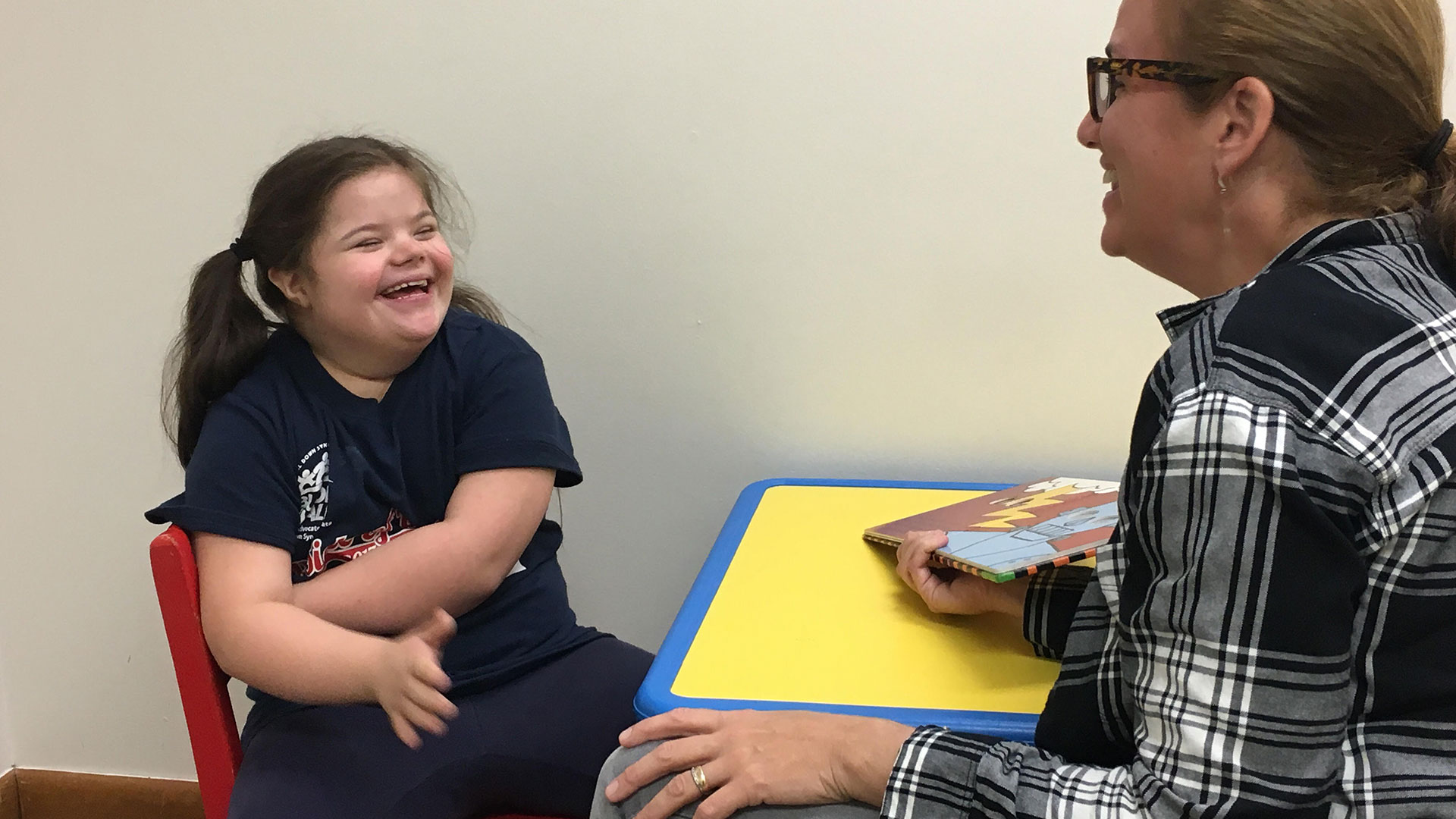
If you’re reading this, chances are you already understand the critical role speech therapy plays in your child’s development. Speech therapy helps children with a variety of challenges, from articulation and language delays to social communication difficulties. Many children receive speech therapy services at school, but have you ever considered augmenting these services with private speech therapy? Today, we’ll explore why seeking private speech therapy in addition to school-based services can make a significant difference in your child’s progress.
Understanding the Basics of School-Based Speech Therapy
Before we dive into the benefits of private speech therapy, let’s take a moment to understand what school-based speech therapy entails.
- Limited Time and Resources
- School-based speech therapists are amazing professionals dedicated to helping students overcome their speech and language difficulties. However, they often work with large caseloads, which means your child might only receive therapy for a limited amount of time each week. Typically, this could be 30 minutes to an hour per week, depending on the school’s resources and your child’s needs.
- Group Therapy Sessions
- To manage their caseloads, school speech therapists often conduct group therapy sessions. While group sessions can be beneficial for practicing social communication skills, they may not provide the individualized attention your child needs to make significant progress.
- Educational Focus
- School-based speech therapy focuses on supporting students’ communication skills to help them succeed academically. This means that therapy sessions are often designed to address speech and language skills as they relate to classroom learning. While this is important, it may not cover all areas where your child needs support.
The Advantages of Private Speech Therapy
Private speech therapy offers a range of benefits that can complement and enhance the services your child receives at school. Here are some key advantages:
- Individualized Attention
- One of the most significant benefits of private speech therapy is the individualized attention your child receives. Private speech therapists work one-on-one with your child, allowing them to tailor each session to meet your child’s specific needs. This personalized approach ensures that therapy is focused on your child’s unique challenges and strengths.
- Increased Therapy Time
- Private speech therapy often provides more frequent and longer sessions than school-based therapy. Instead of just one session per week, your child might receive multiple sessions, allowing for more intensive practice and faster progress. Consistent, targeted practice is essential for mastering new speech and language skills.
- Flexibility in Goals and Activities
- While school-based therapy focuses on educational goals, private speech therapy can address a broader range of communication needs. Private therapists can work on functional communication skills, social skills, and even specific challenges your child faces outside of the classroom. This holistic approach ensures that your child is developing the communication skills they need for all areas of life.
- Involvement of Family
- Private speech therapists often involve family members in the therapy process. They provide parents with strategies and activities to practice at home, which reinforces the skills learned during therapy sessions. This collaborative approach helps create a supportive environment for your child and promotes faster progress.
- Specialized Techniques and Approaches
- Private speech therapists have the flexibility to use a variety of specialized techniques and approaches that may not be available in a school setting. For example, they might use advanced technology, specific therapeutic methods, or incorporate your child’s interests into therapy sessions to keep them engaged and motivated.
Addressing Common Concerns About Private Speech Therapy
As parents, it’s natural to have questions and concerns about seeking private speech therapy. Let’s address some of the most common ones:
- Cost of Private Therapy
- One of the primary concerns parents have about private speech therapy is the cost. While private therapy can be an investment, it’s important to consider the long-term benefits for your child’s development. Many insurance plans cover speech therapy, and some therapists offer sliding scale fees based on income. Additionally, there are organizations and grants that provide financial assistance for therapy services. It’s worth exploring these options to make private therapy more affordable.
- Coordination with School-Based Services
- Parents often worry about how private therapy will coordinate with school-based services. The good news is that private speech therapists are usually very willing to collaborate with school therapists. They can share information, strategies, and goals to ensure that your child’s therapy is cohesive and complementary. Open communication between all parties involved in your child’s therapy is key to maximizing the benefits.
- Time Commitment
- Adding private speech therapy to your child’s schedule may seem like a significant time commitment. However, consider the long-term benefits of intensive therapy. With the right balance and planning, private therapy sessions can be integrated into your child’s routine without causing undue stress. Many private therapists offer flexible scheduling options to accommodate your family’s needs.
- Finding the Right Therapist
- Finding a qualified and compatible speech therapist is crucial for your child’s success. Look for therapists with the appropriate credentials and experience in working with children who have similar needs to your child. Don’t hesitate to ask for recommendations from your child’s school therapist, pediatrician, or other parents. It’s also important to ensure that your child feels comfortable and builds a positive rapport with the therapist.
How to Get Started with Private Speech Therapy
If you’re considering private speech therapy for your child, here are some steps to help you get started:
- Gather Information
- Start by gathering information about potential private speech therapists in your area. You can use online directories, ask for recommendations from other parents, or consult with your child’s school or pediatrician for referrals.
- Schedule Consultations
- Reach out to a few therapists to schedule consultations. This is an opportunity to discuss your child’s needs, learn about the therapist’s approach, and ask any questions you may have. It’s also a chance to see if the therapist is a good fit for your child and your family.
- Verify Credentials
- Ensure that the therapist you choose is licensed and certified by the appropriate professional organizations. In the United States, look for certification from the American Speech-Language-Hearing Association (ASHA). A qualified therapist will have the knowledge and skills necessary to provide effective therapy.
- Set Goals and Expectations
- Work with the therapist to set clear goals and expectations for your child’s therapy. Discuss how progress will be measured and how you will be kept informed about your child’s development. Clear communication and goal-setting are essential for successful therapy outcomes.
- Create a Therapy Schedule
- Establish a therapy schedule that works for your family. Consider your child’s other activities and commitments to ensure that therapy sessions are consistent but not overwhelming. Consistency is key to making progress, so try to stick to the schedule as much as possible.
- Be Involved
- Stay involved in your child’s therapy by attending sessions when possible, practicing at home, and communicating regularly with the therapist. Your involvement and support play a crucial role in your child’s success.
Conclusion
Seeking private speech therapy to augment the services your child receives at school can provide numerous benefits, from individualized attention and increased therapy time to specialized techniques and family involvement. While it requires an investment of time and resources, the potential for significant progress and enhanced communication skills makes it a worthwhile consideration.
Remember, every child is unique, and what works for one child may not work for another. The key is to find the right balance of support that meets your child’s specific needs. By exploring private speech therapy, you can give your child the best possible chance to thrive and reach their full potential.
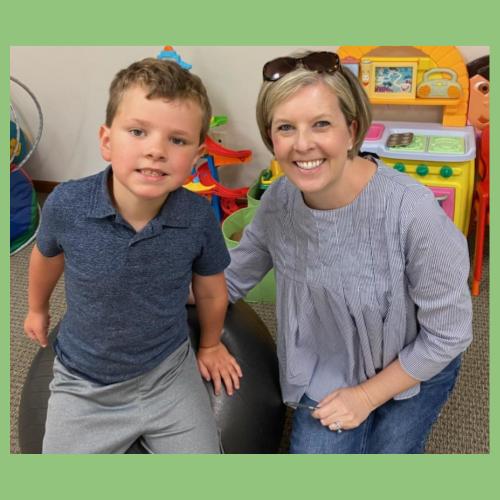
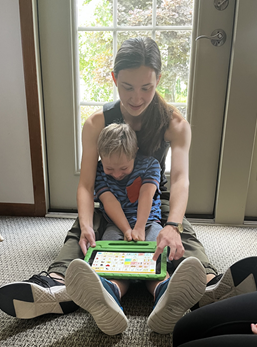

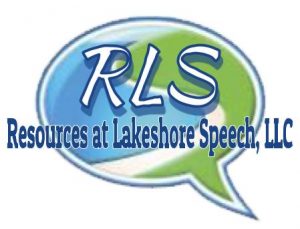
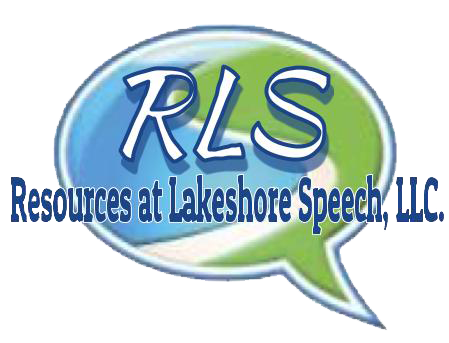
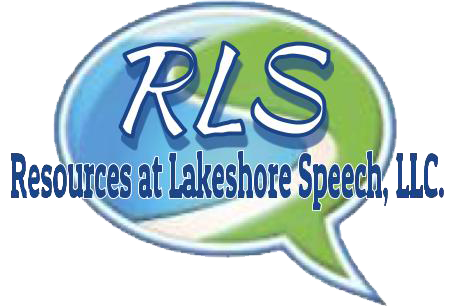


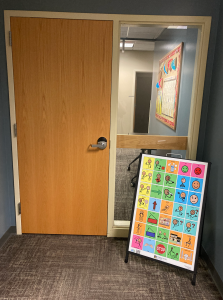



3 Comments
[…] of the most significant advantages of private speech therapy is the high level of individual attention provided to each child. Private sessions often offer one-on-one interaction, which accelerates […]
[…] a child’s learning style and interests, thereby improving engagement and therapeutic outcomes utilize specialized techniques that are often not available in more conventional school-based […]
[…] One of the significant advantages of private speech therapy is the opportunity for tailored attention. Unlike school-based programs that often involve group sessions, private settings allow therapists to focus on one-on-one interventions. This ensures that the specific needs of a child are met comprehensively. Individual sessions not only allow for targeted practice but also permit therapists to modify plans more rapidly in response to the child’s progress, often leading to faster and more effective outcomes. […]
Comments are closed for this article!